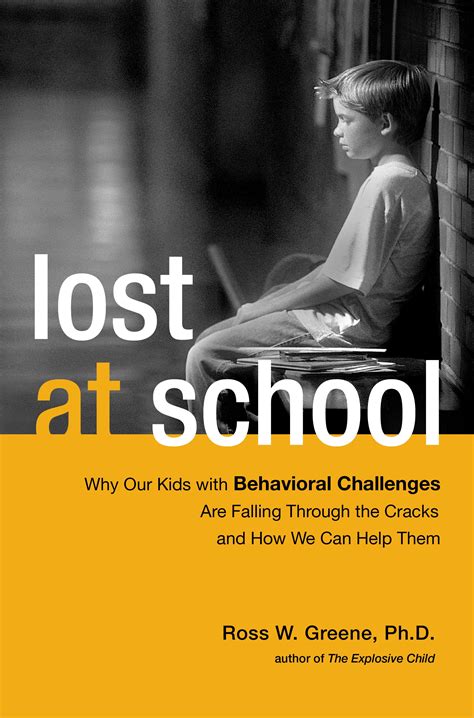A Quote by Rutger Bregman
There's always selfish behavior. There are lots of examples of people hoarding. But we've seen in this pandemic that the vast majority of behavior from normal citizens is actually pro-social in nature. People are willing to help their neighbors.
Related Quotes
Absolutely. I think, I think the American people, at their core, are a decent people. I think that we still have prejudice in our midst, but I think that the vast majority of Americans are willing, are willing to judge people on the basis of their ideas and their character. And in the case of the presidency, I think what's most important is whether the American people think that you understand their hopes and dreams and struggles and whether they think you can actually help them achieve those hopes and dreams.
If you go out and have unprotected sex with lots of people, that behavior puts you at risk. Similarly, violent behavior can spread. One violent act can elicit a response. It can spread to people in a peer group so that they feel that they have to respond. It can pass generation to generation almost like a genetic disease.
For a very long time, people have been saying to me, "What if you want to do this approach with every kid?" For a behaviorally challenging kid, you're parenting this way just to help bring the kid's behavior under control and to greatly reduce conflict. But you want to teach all kids the skills that are on the better side of human nature: empathy, appreciating how one's behavior is affecting other people, resolving disagreements in ways that do not involve conflict, taking another's perspective, honesty.
To be told that our child's behavior is "normal" offers little solace when our feelings are badly hurt, or when we worry that hisactions are harmful at the moment or may be injurious to his future. It does not help me as a parent nor lessen my worries when my child drives carelessly, even dangerously, if I am told that this is "normal" behavior for children of his age. I'd much prefer him to deviate from the norm and be a cautious driver!
True doctrine, understood, changes attitudes and behavior. The study of the doctrines of the gospel will improve behavior quicker than a study of behavior will improve behavior. Preoccupation with unworthy behavior can lead to unworthy behavior. That is why we stress so forcefully the study of the doctrines of the gospel.








































